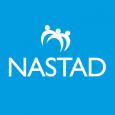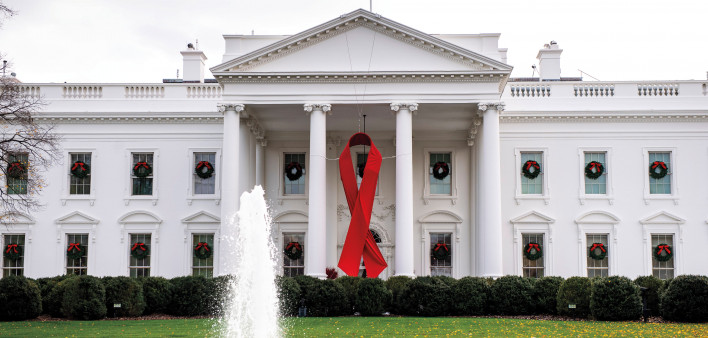This post is by NASTAD’s Senior Associate for Health Equity and Communications, Shanice Bailey.
December 1 marked the 35th annual World AIDS Day and this year’s theme, World AIDS Day 35: Remember and Commit, prompts us to reflect on the great strides and sacrifices made by AIDS activists, advocates, and the public health community over the last three decades. As increasing legislative challenges threaten this progress, we must be steadfast in our efforts to move this work forward.
In 2003, President George W. Bush signed The President’s Emergency Plan for AIDS Relief (PEPFAR) into law. PEPFAR is a global HIV/AIDS prevention and treatment initiative that provides essential foreign assistance to countries most impacted by the ongoing epidemic. As of December 2022, this vital program has saved more than 25 million lives in partnership with over 50 countries.
Thanks to PEPFAR, the United States was able to support significant strides in global HIV prevention and treatment during fiscal year 2022 (FY2022), including:
-
Providing HIV testing to over 64 million people
-
Funding life-saving antiretroviral treatment for more than 20 million people
-
Ensuring 5.5 million babies were born HIV-free
-
Training 340 thousand new healthcare workers
-
Reaching 2.9 million adolescent girls and young women through HIV prevention services
-
Newly enrolling 1.5 million clients on pre-exposure prophylaxis (PrEP)
This highly impactful program and its consistent renewal have been a hallmark of the United States’ approach to global health and the international effort to end the HIV epidemic.
The proposed funding cuts to several HIV prevention and treatment programs in the House Labor, Health and Human Services, Education, and Related Agencies (LHHS) FY2024 appropriations bill, puts at risk efforts to end the HIV/AIDS epidemic in the United States. It is a devastating blow to bipartisanship and the historic gains made by HIV/AIDS activists over the last 40 years.
This is the first time in the history of the program that its reauthorization has been challenged so fiercely. In the twenty years since its initial passing, PEPFAR has seen heavy bipartisan support. In 2018, during the last reauthorization of the program, the bill was led by Representative Chris Smith (R-NJ-4) and Senator Bob Cocker (R-TN) and passed unanimously in both the House and Senate without issue. The widening ideological rift between parties is fueled by disinformation: the targeting of PEPFAR is the result of false claims that the program has been used by the Biden administration to fund abortion providers abroad. Our peers at the Center for American Progress recently published an in-depth report that challenges these baseless attacks and emphasizes the vital role PEPFAR funds play in building resilient global health systems.
PEPFAR partially expired on September 30, causing seven of the program’s provisions to expire along with it, though most funding remains in place for the time being. According to KFF, the program “would continue absent a reauthorization, provided funds are appropriated.” However, a commitment to a five-year reauthorization is vital. Both activists and government officials are calling for a five-year reauthorization, with State Department spokesperson Matthew Miller stating that the failure of Congress to reauthorize the program “sends a message to partners around the world, especially in Africa, that we are backing down from our leadership in ending HIV/AIDS as a public health threat.” In honor of World AIDS Day, Admiral Rachel Levine, MD, Assistant Secretary for Health for Health for U.S. Department of Health and Human Services, also released a statement that emphasizes the importance of PEPFAR.
NASTAD’s vision is a world committed to ending HIV/AIDS, viral hepatitis, and intersecting epidemics. PEPFAR is an essential program, and its renewal is crucial to achieving that vision. This World AIDS Day, we call on Congress to secure a five-year reauthorization for PEPFAR as it has done in the past and to secure continued funding for other vital health programs, particularly bipartisan HIV prevention and treatment programs like the Ending the HIV Epidemic Initiative.








1 Comment
1 Comment